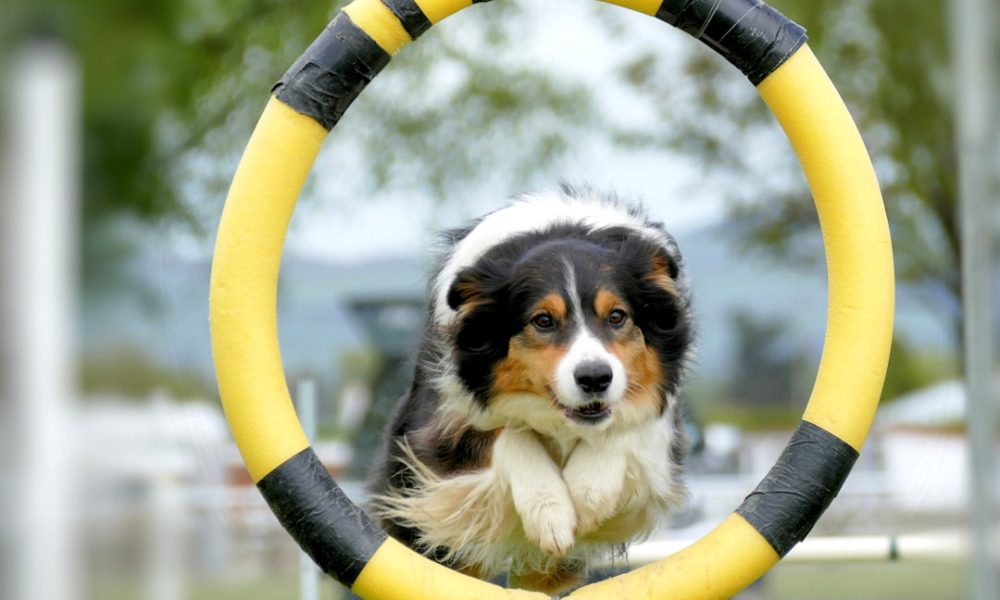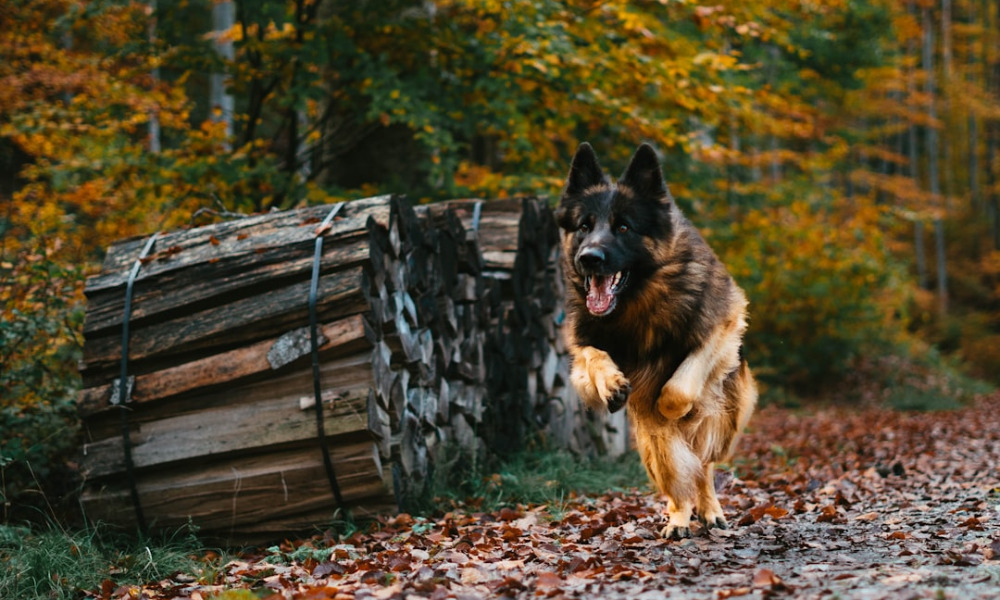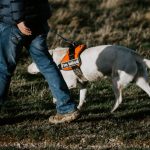
Working dogs, bred for their intelligence, drive, and stamina, possess a unique set of needs that must be met to ensure their well-being and happiness. Unlike many companion breeds, these dogs thrive on activity, purpose, and mental stimulation. Thus, the importance of providing them with meaningful work cannot be overstated. In this article, we delve into why working dogs must be worked, the repercussions of neglecting this aspect, and how owners can fulfil their dogs’ inherent needs.
Firstly, it’s essential to understand that working breeds, such as German Shepherds, Border Collies, and Labrador Retrievers, have been selectively bred for generations to perform specific tasks. Whether it’s herding livestock, assisting hunters, or serving as police or search and rescue dogs, these breeds excel when engaged in purposeful activities. Failing to provide them with appropriate outlets for their energy and instincts can lead to a host of behavioural issues and health problems.
When a working dog is not worked, both the dog and its owner can suffer the consequences. For the dog, boredom and frustration may manifest as destructive behaviour, excessive barking, or aggression. Without mental and physical stimulation, these dogs may channel their energy into undesirable activities, such as chewing furniture or digging up the garden. Moreover, neglected working dogs are prone to developing anxiety and depression, leading to a diminished quality of life.
On the other hand, owners of underworked working dogs often find themselves grappling with challenging behaviour and strained relationships with their pets. What was once a harmonious partnership can quickly deteriorate into a source of stress and frustration. Without proper training and outlets for their dogs’ energy, owners may struggle to control their pets, leading to feelings of helplessness and guilt.

So, why does this happen? The answer lies in the fundamental nature of working dogs. These breeds possess a strong work ethic and an innate drive to perform tasks. When deprived of meaningful work, they experience a sense of purposelessness and restlessness. This can manifest in various ways, including disobedience, hyperactivity, and attention-seeking behaviour. Essentially, working dogs thrive when they have a job to do, and without it, they struggle to fulfil their potential and maintain their well-being.
To prevent these issues, owners must ensure that their working dogs are appropriately worked. This involves engaging them in activities that align with their breed’s instincts and abilities. For example, Border Collies excel at herding and agility training, while German Shepherds thrive in obedience and protection work. Labrador Retrievers enjoy tasks that utilise their retrieving skills, such as fetch or scent work.
Regular exercise is also crucial for working dogs, as it helps to channel their energy and prevent boredom. Long walks, runs, or hikes provide an opportunity for physical exertion and mental stimulation. Additionally, interactive toys and puzzle games can keep these dogs engaged and entertained when indoors.

The importance of working for working dogs cannot be overstated. Owners must recognise and fulfil their dogs’ need for purpose and activity to ensure a fulfilling and harmonious relationship. By providing meaningful work and regular exercise, owners can unlock their dogs’ full potential and enjoy a rewarding partnership built on mutual respect and understanding.











